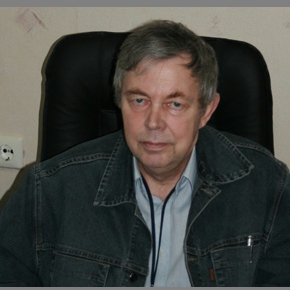 |
||
|
Japan reports radioactive iodine in sea at 147 times safe level RIA Novosti, PUBLISHED March 25, 2011 Radioactive iodine in seawater near an outlet at the quake-hit Fukushima 1 nuclear power plant has been detected at 147 times the safety limit, the Kyodo news agency reported on Thursday. Topics: NPP Fukushima Daiichi Other news: Russia ready to finance Egypt first nuclear plant Russia confirmed its participation in a tender to build Egypt's first nuclear power plant and said it was willing to help finance the project. ARMZ acquires Australian uranium producer in $1.2 bln deal ARMZ will pay eight Australian dollars per share, which represents a 15.5 percent premium on the average market price for 20 trading days. Russia to start building Turkish NPP in 2013 Russia will start building Turkey's first NPP estimated at $20 billion in 2013, Russian ambassador to Ankara Vladimir Ivanovsky said. |
Hero of the day 
Alexander Chistozvonov: end of the Romantic period Today, the army of managers is earnestly believing that one can take the man responsible for the licensing of alcoholic beverages, and put it on licensing, and even to supervise the nuclear reactor. INTERVIEW
Christophe Behar OPINION
Vladimir Rychin |

